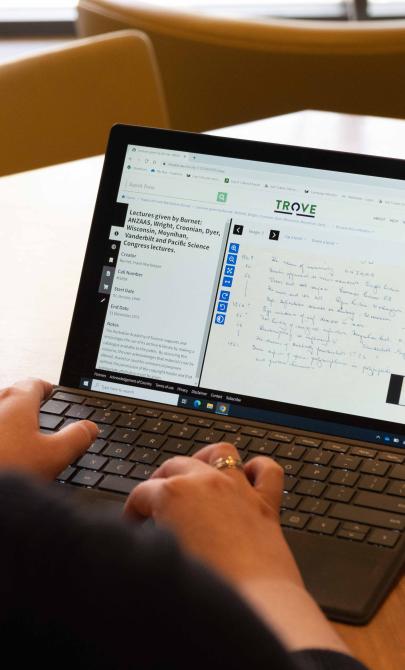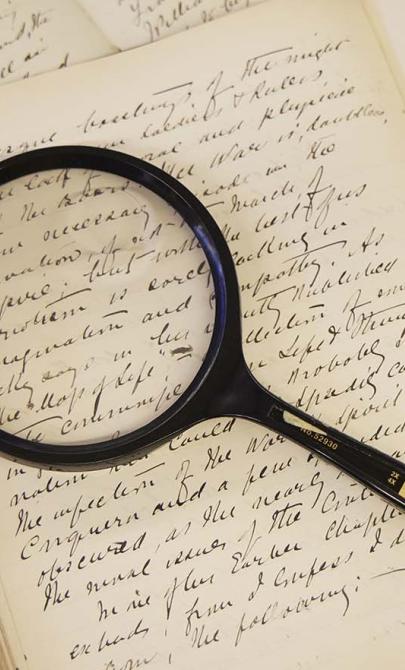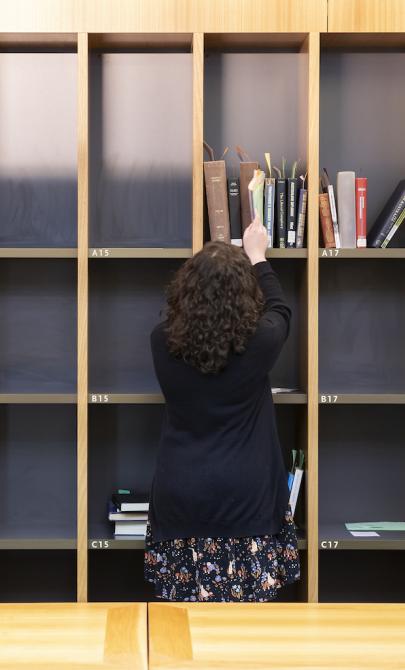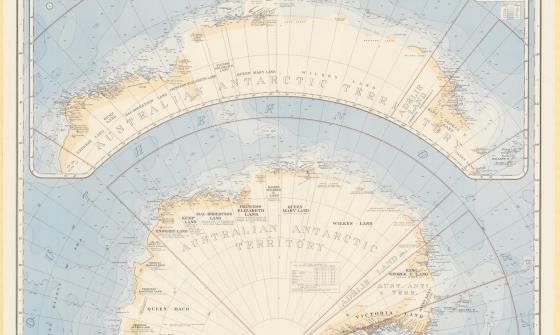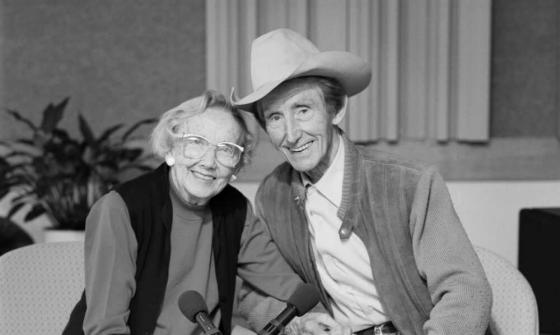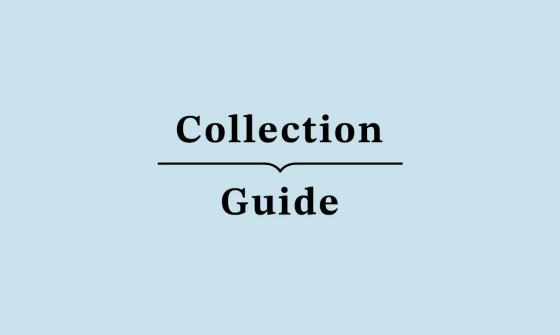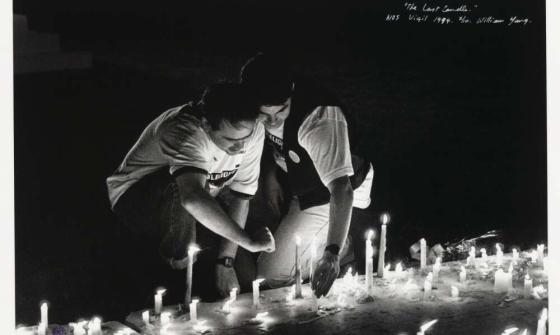Lowenstein Collection
Key items in the collection
Highlights from this collection demonstrate its historical significance and variety.
Wendy Lowenstein 1930's Depression collection
The Wendy Lowenstein 1930s Depression collection comprises 172 tapes of recollections about life during the Depression of the 1930s. The recordings were made by Wendy Lowenstein between 1972 and 1976 and were used in her book Weevils in the Flour. The interviewees lived in all Australian states and included bagmen, shearers, station hands, cane cutters, builders, plumbers, labourers, policemen, nurses, teachers, solicitors, shopkeepers and housewives.
Melbourne waterside workers recordings
The Melbourne waterside workers recordings were made in 1979–80 while Lowenstein was writing her book Under the Hook. The collection consists of 60 tapes containing interviews with 17 Melbourne waterside workers. The most substantial interview is with Tom Hills, President of the Retired Waterside Workers Association in Melbourne. Some interviews were transcribed.
In 1991, Lowenstein recorded a lengthy interview with Ron Edwards. Edwards is a noted folklorist, collector and publisher. There are 13 tapes.
Lowenstein assembled her folklore and social history collection from 1968 to 1972, mostly in 1969 when she travelled round rural Australia recording songs, recitations, dance tunes, stories, myths, children's rhymes, slang, medical lore, industrial folklore and oral history. There are 121 tapes.
The Communism and the Left in the arts and community collection, recorded between 1992 and 1996, comprises 63 digital audio tapes, four reels and three cassettes. Among the 50 interviewees are painters, writers, musicians, teachers, actors and public servants, including:
- Shirley Andrews
- Martha Ansara
- Jean Blackburn
- Betty Collins
- Vera Deacon
- June Factor
- Alex Hood
- Elliott Johnston
- Chris Kempster
- Clem Millward
- Nancy Wills.
The papers of Wendy Lowenstein, which mostly date from 1953 to 2003, include correspondence, research material, transcripts, interviewee files, manuscripts, press cuttings, photographs and publications. It is arranged in 13 series:
- Correspondence
- Research files
- Weevils in the flour
- Under the hook
- Folk Lore Society of Victoria
- Folklore
- Arts Action for Peace
- People for Nuclear Disarmament
- Social activism subject files
- Shirley Andrews papers
- Posters
- Press cuttings.
About Wendy Lowenstein
Wendy Lowenstein (1927–2006), born Katherin Wendy Robertson, grew up in Melbourne. She was the daughter of Douglas and Rita Robertson. While attending Box Hill Grammar School, she became involved in the New Theatre and the Eureka Youth League, developing a strong interest in radical theatre, writing and art.
She began her career as a journalist, and later worked as a teacher and teacher-librarian.
Personal life and politics
In 1947, she married Werner Lowenstein, a German-born refugee who had arrived in Australia on the Dunera. Though the couple left the Communist Party after the Soviet invasion of Hungary in 1956, they remained committed to socialist ideals and the peace movement throughout their lives.
Folklore and oral history work
Wendy became interested in folklore after seeing a performance of the play Reedy River in the early 1950s. She went on to become a founding member of both the Folklore Society of Victoria and the Victorian Folk Music Club. From 1964 to 1976, she edited the club’s newsletter, Australian Tradition.
In 1969, Wendy and her family travelled around Australia in a caravan, collecting folklore and recording people’s stories.
Campaigning and activism
Wendy was known for her passionate advocacy and activism. She was involved in a wide range of organisations, including:
- the Colonial Bush Dance Society
- the Oral History Association of Australia
- the Friends of the Earth
- Arts Action for Peace
- People for Nuclear Disarmament
- the Palm Sunday Committee.
Published works
Most of Wendy’s books were based on oral history interviews, capturing the voices and lived experiences of working-class Australians. Her major publications include:
Background to the collection
Wendy Lowenstein had a long relationship with the National Library of Australia that lasted nearly 30 years. Between 1973 and 1975, the Library purchased copies of many of her recordings about the Great Depression of the 1930s. In 1983, it acquired her tapes on the Melbourne waterfront.
From 1991 to 1993, the Library bought her collection of folklore recordings, most of which were made during a year-long trip around Australia in 1969. In 1994, she donated the records of People for Nuclear Disarmament.
Between 1994 and 2000, the Library supported her oral history project on Communism and the Left in the arts and the community. In 2001, the Library purchased her manuscripts and personal papers, and in 2006 it received additional papers from her family.
The Wendy Lowenstein oral history collection is held in the Oral History and Folklore Collection. Apart from the interviews in TRC 3111, only a small number of the recordings have been catalogued individually.
A 60-page list summarising the contents of the folklore collection (TRC 2915) is available in the Oral History and Folklore Collection. Many of the recordings require preservation treatment and are therefore not immediately accessible.
The manuscripts and personal papers are held in the Manuscripts Collection. Use the finding aid.
Copies of many of the oral history recordings are held in the La Trobe Library at the State Library of Victoria.
This guide was prepared using these references:
- June Factor, Dedicated worker with words (obituary), The Australian, 27 October 2006, p 14.
- Richard Lowenstein, An ear for the ordinary folk (obituary), Sydney Morning Herald, 26 October 2006.
